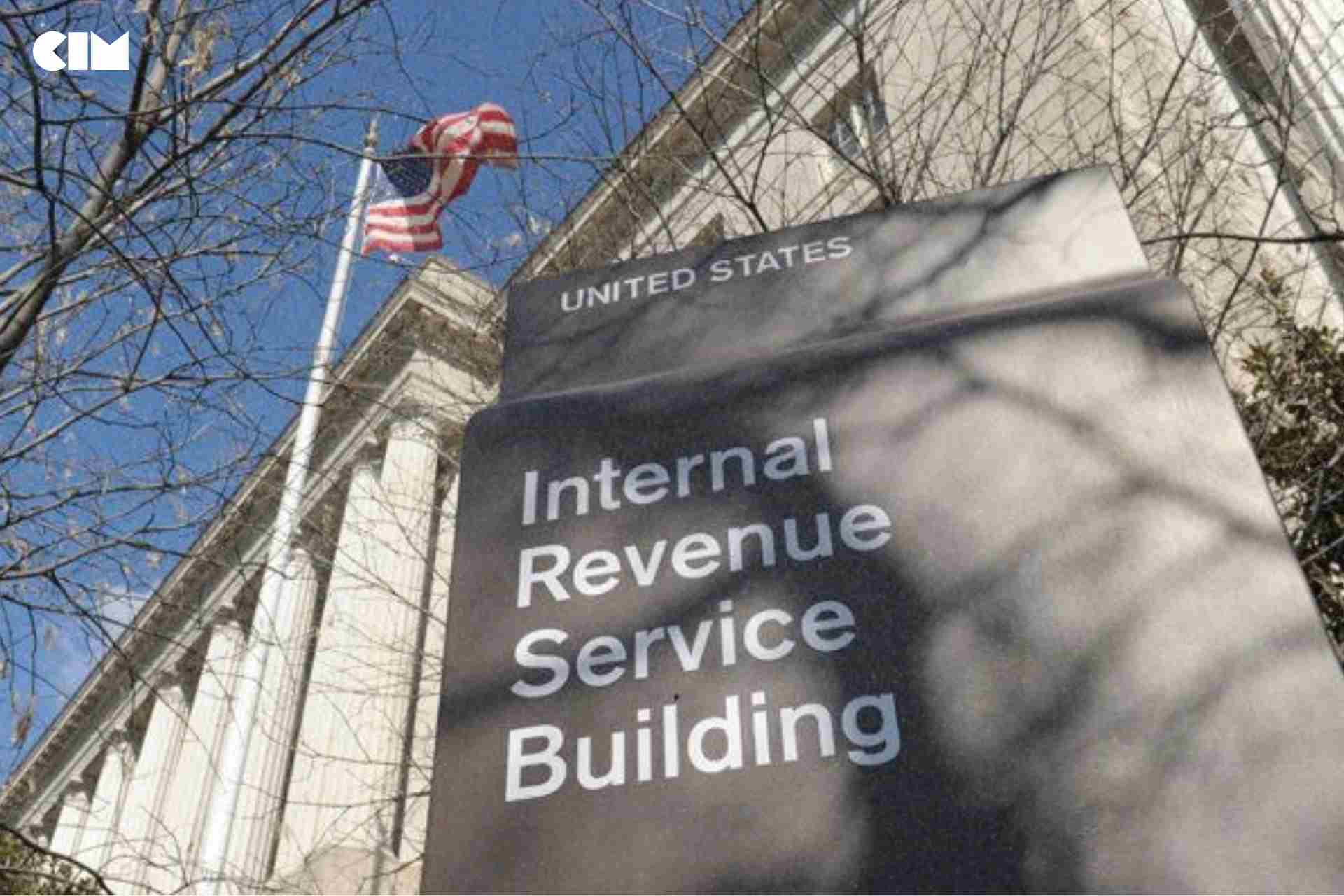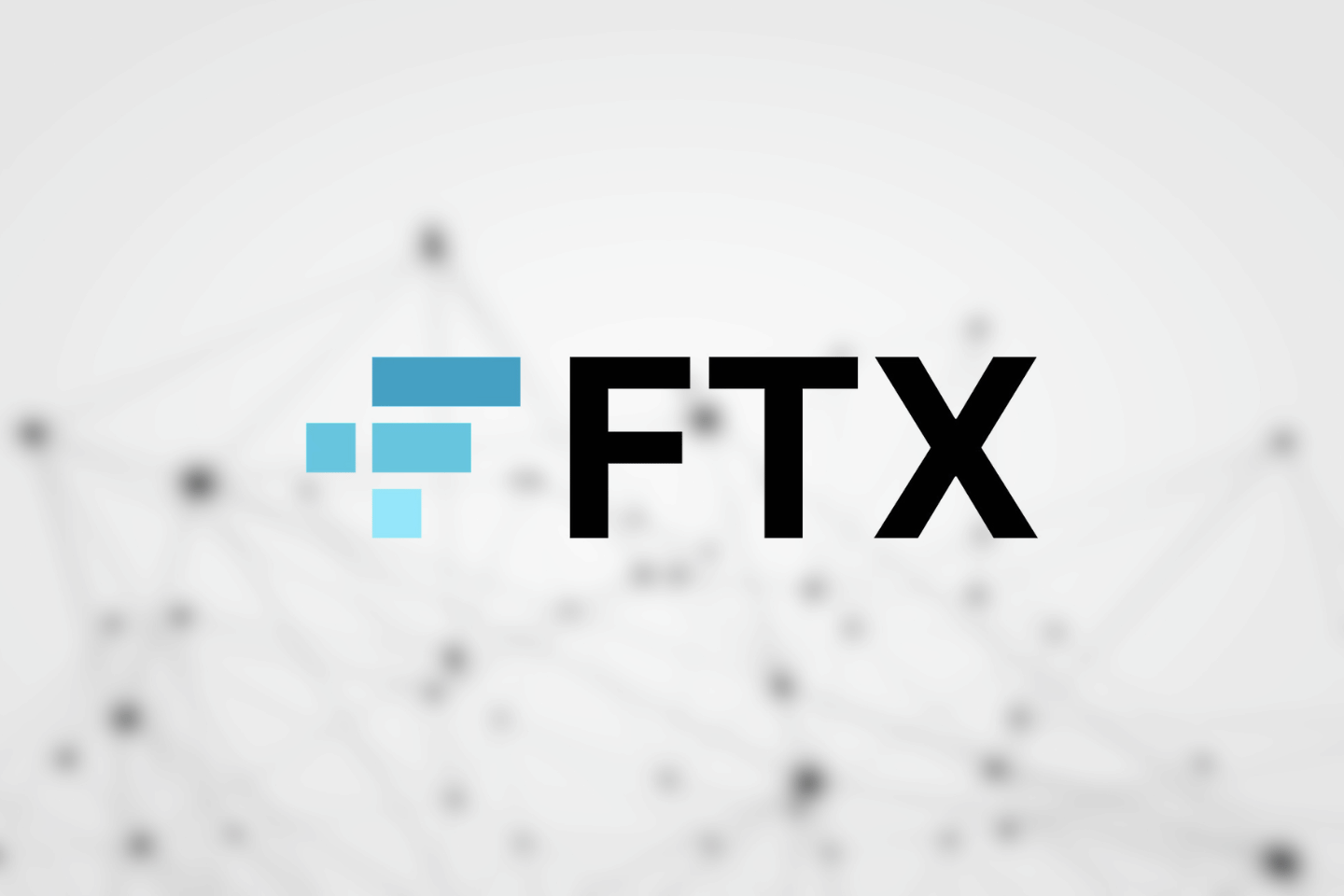- The IRS has finalized rules requiring brokers, including DeFi front-end platforms, to report digital asset transactions starting in 2027.
- The regulations aim to improve tax compliance, affecting up to 875 DeFi brokers and 2.6 million taxpayers in the growing digital asset ecosystem.
The U.S. Internal Revenue Service (IRS) has released its final regulations mandating brokers to report digital asset transactions, extending existing tax reporting requirements to include decentralized finance (DeFi) platforms acting as front-end service providers. These new rules, set to take effect in 2027, aim to enhance transparency in the rapidly evolving digital asset ecosystem.
The regulations require brokers to disclose gross proceeds from cryptocurrency and other digital asset transactions, along with details about the taxpayers involved. The IRS clarified that the term “brokers” applies to platforms facilitating transactions, such as decentralized exchanges, and includes those performing intermediary functions, whether operating as legal entities or informal groups.
DeFi platforms with significant control or influence over transaction processes, even when using smart contracts, may be classified as brokers under these rules. The regulations specifically target trading front-end service providers, excluding other DeFi participants that do not fit this criterion.
The IRS emphasized that the new requirements are consistent with long-standing rules applied to brokers across various industries for over 40 years. According to the agency, the regulations are not designed to single out the DeFi sector but to ensure equitable tax compliance across industries. The IRS estimates the rules will impact 650 to 875 DeFi brokers and up to 2.6 million taxpayers.
Beginning in 2026, brokers must start collecting data necessary for compliance, with reporting obligations commencing in 2027. The IRS expects the rules to increase taxpayer compliance by making income earned from digital asset transactions more transparent to taxpayers and the agency.
The Treasury Department and IRS dismissed concerns that the regulations reflect a bias against DeFi, asserting that the measures align with broader efforts to regulate the digital asset space while encouraging the responsible adoption of blockchain technologies.
Editorial Note: This news article has been written with assistance from AI. Edited & fact-checked by Harshajit Sarmah.




